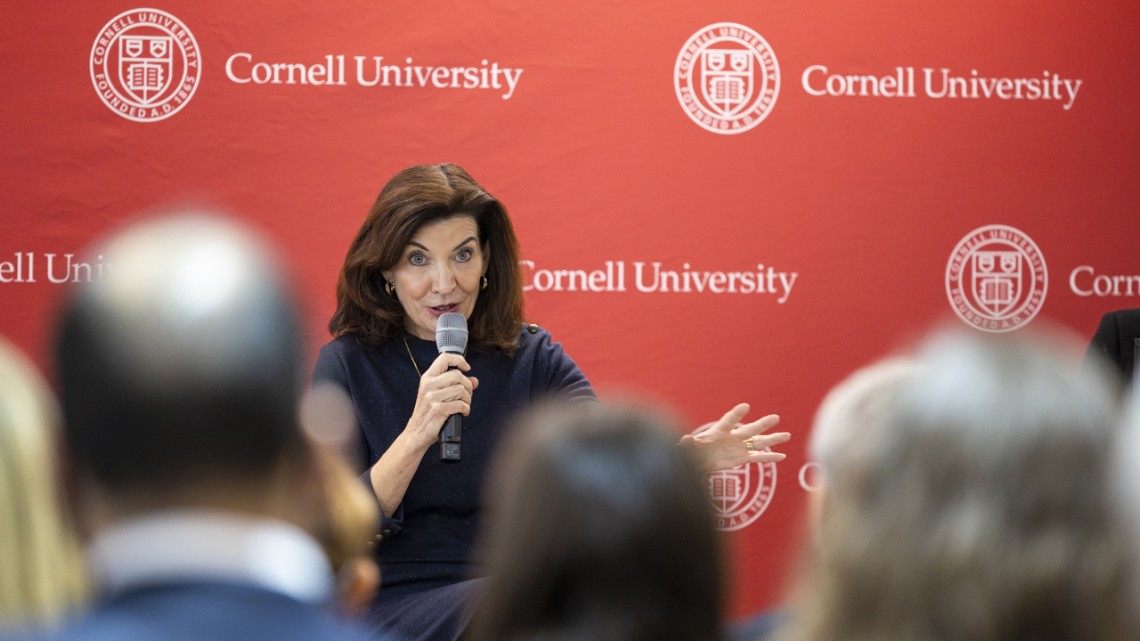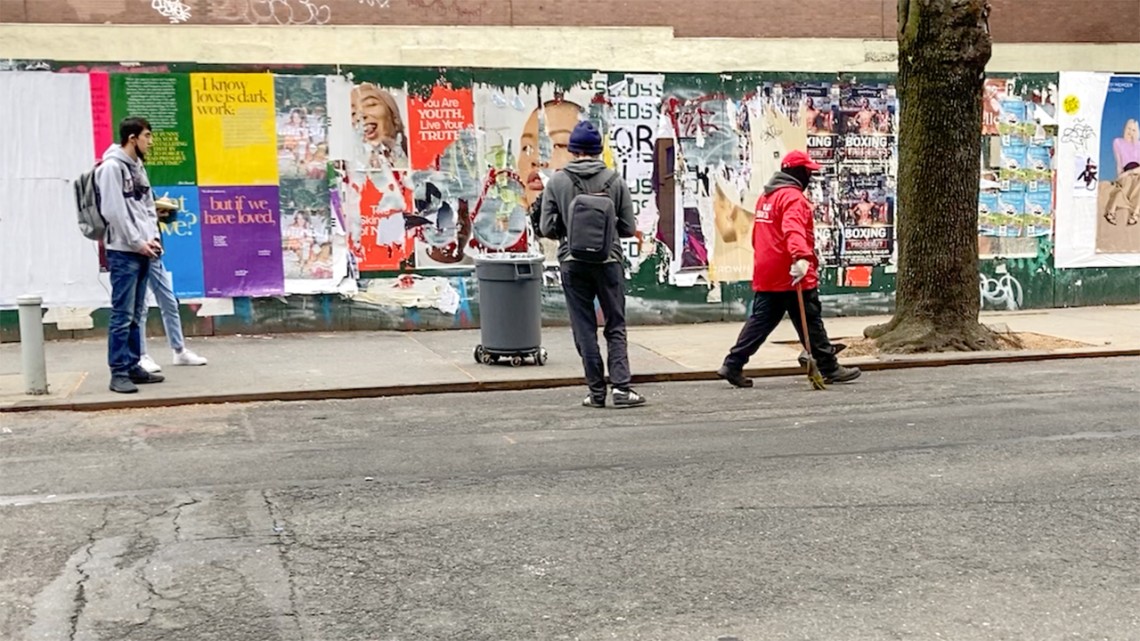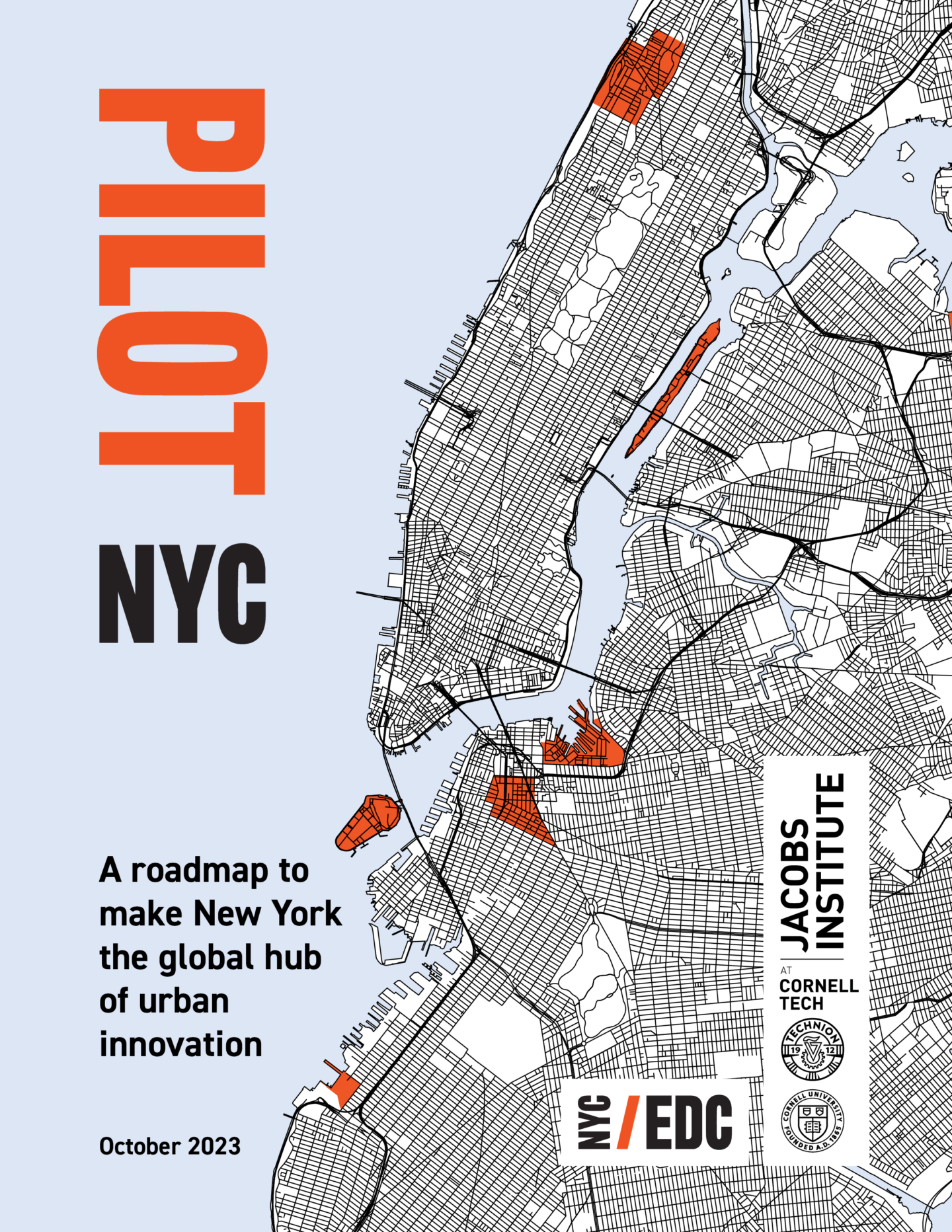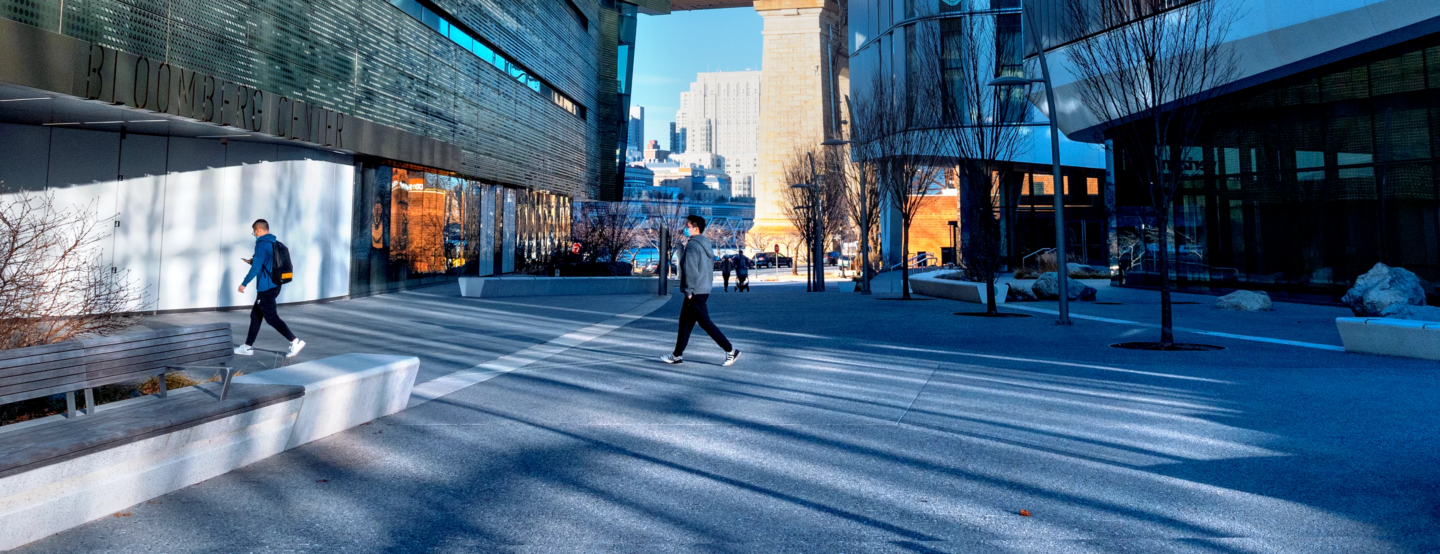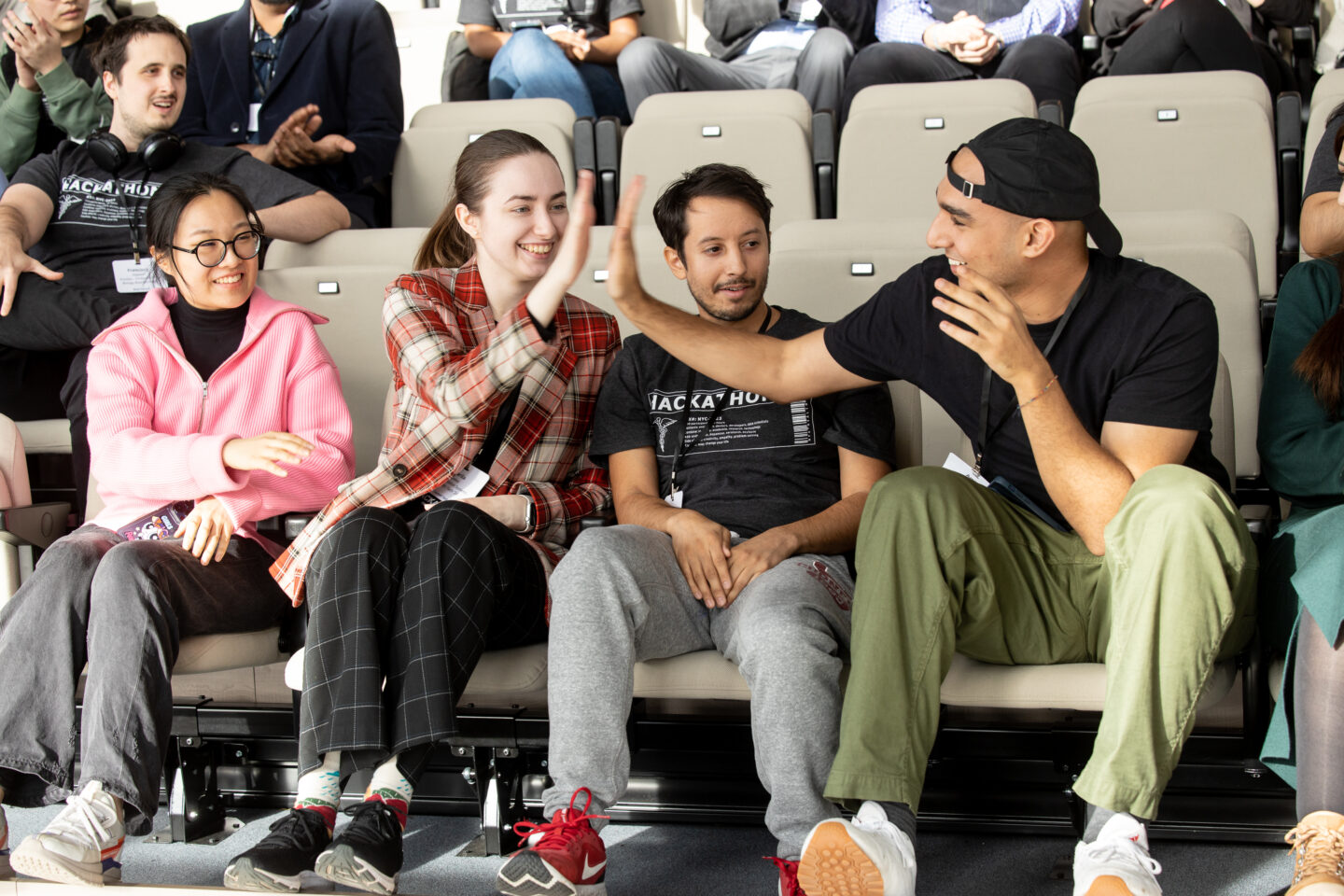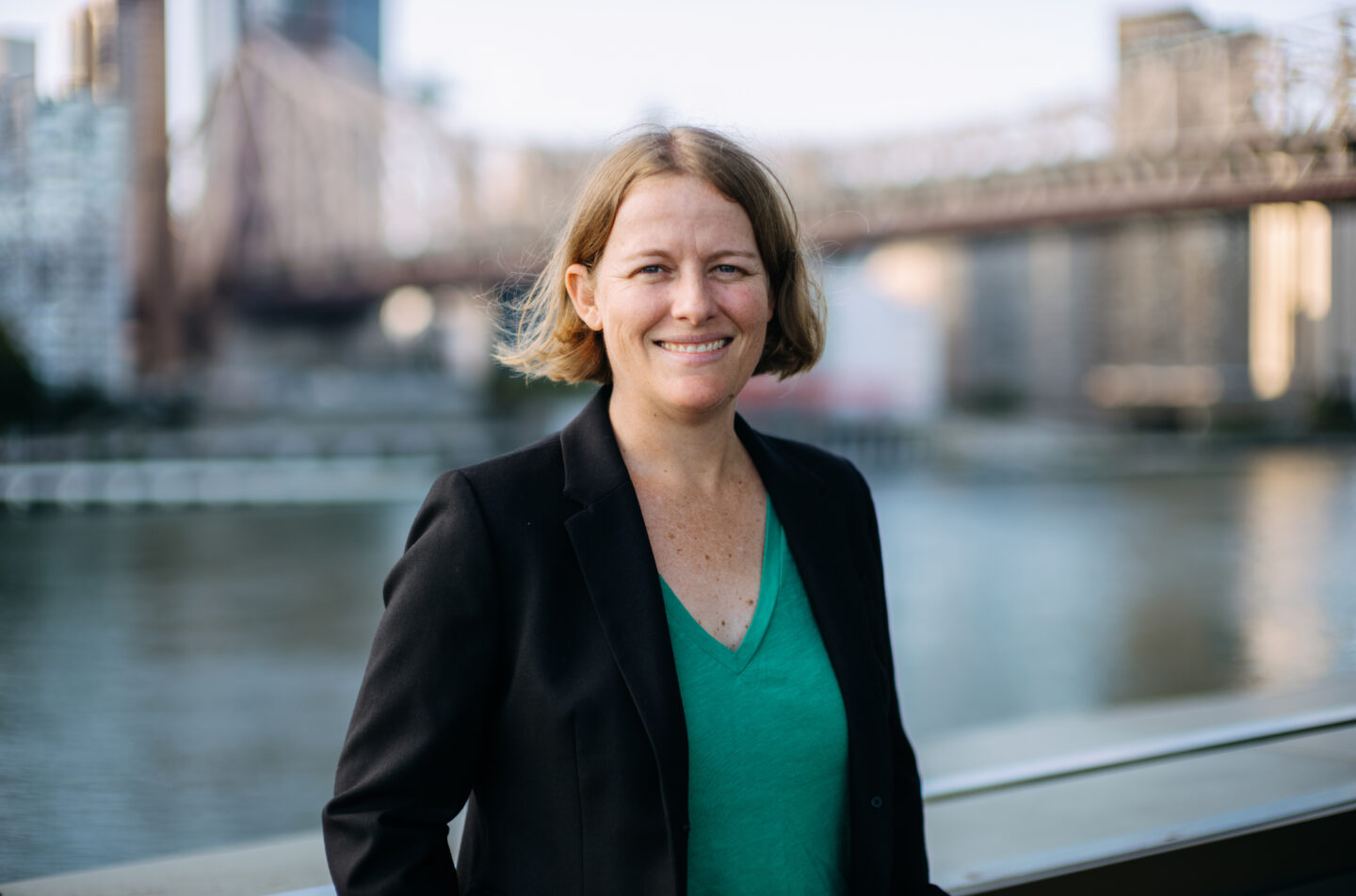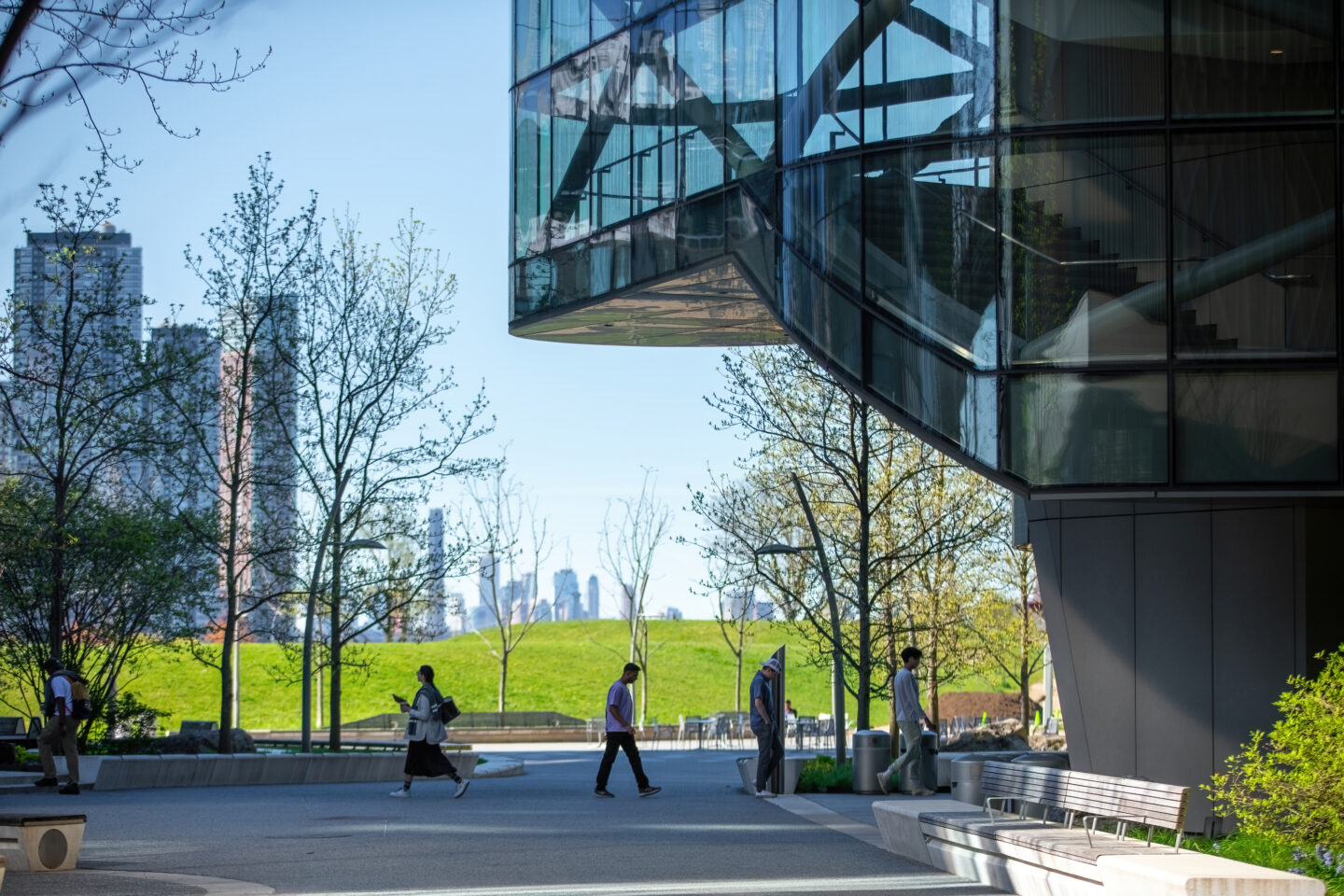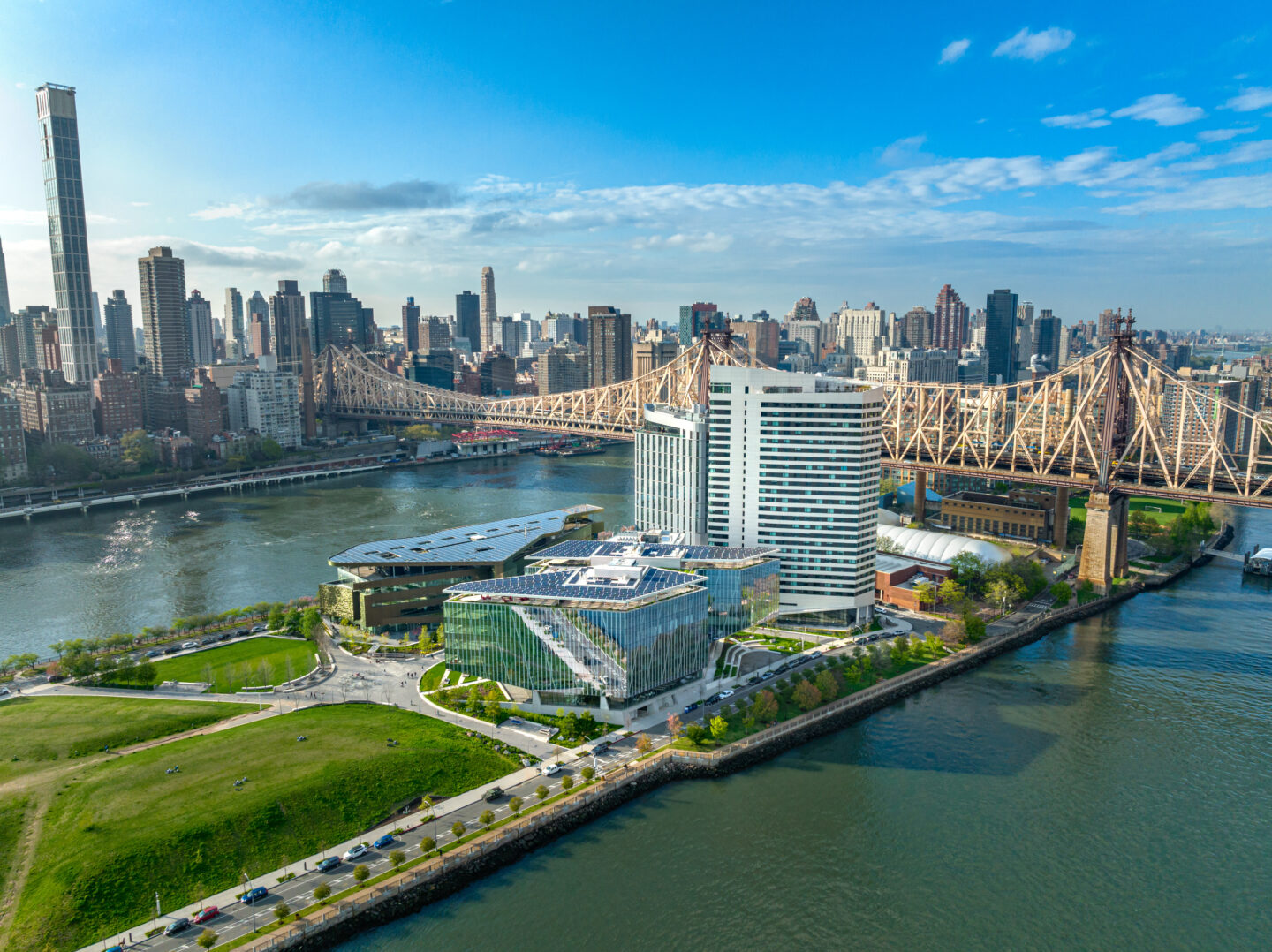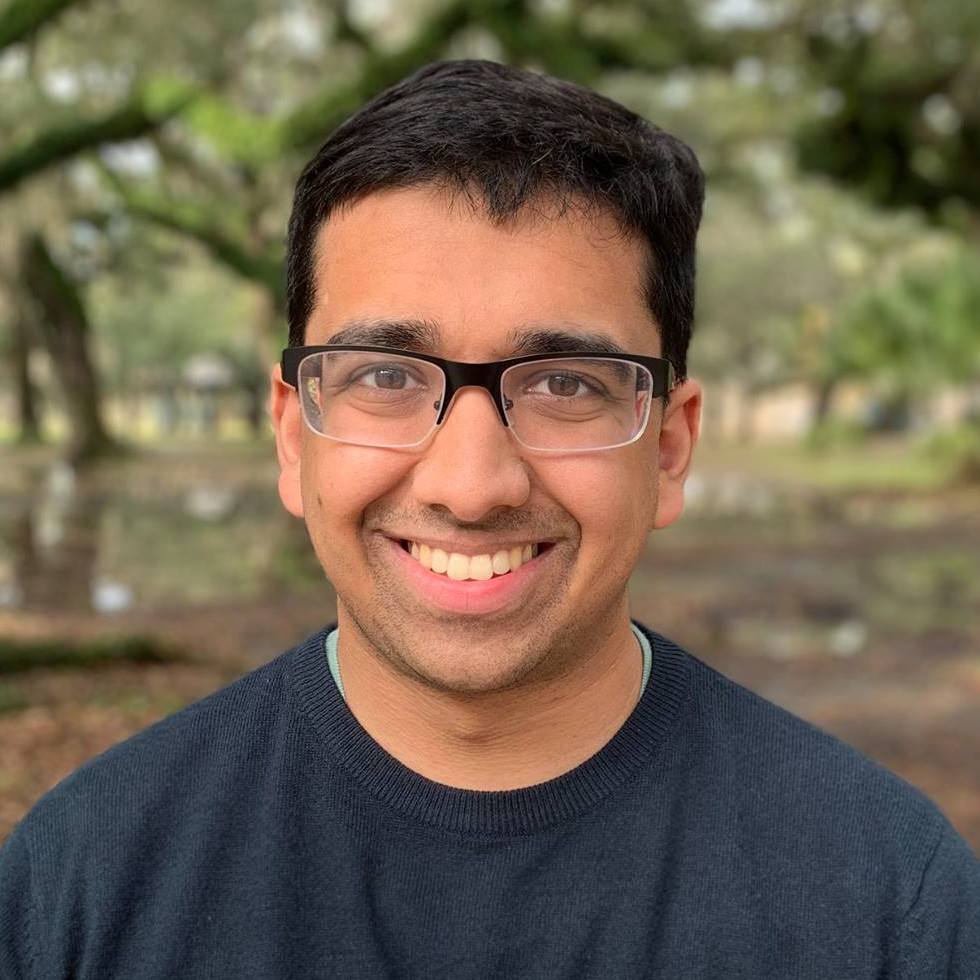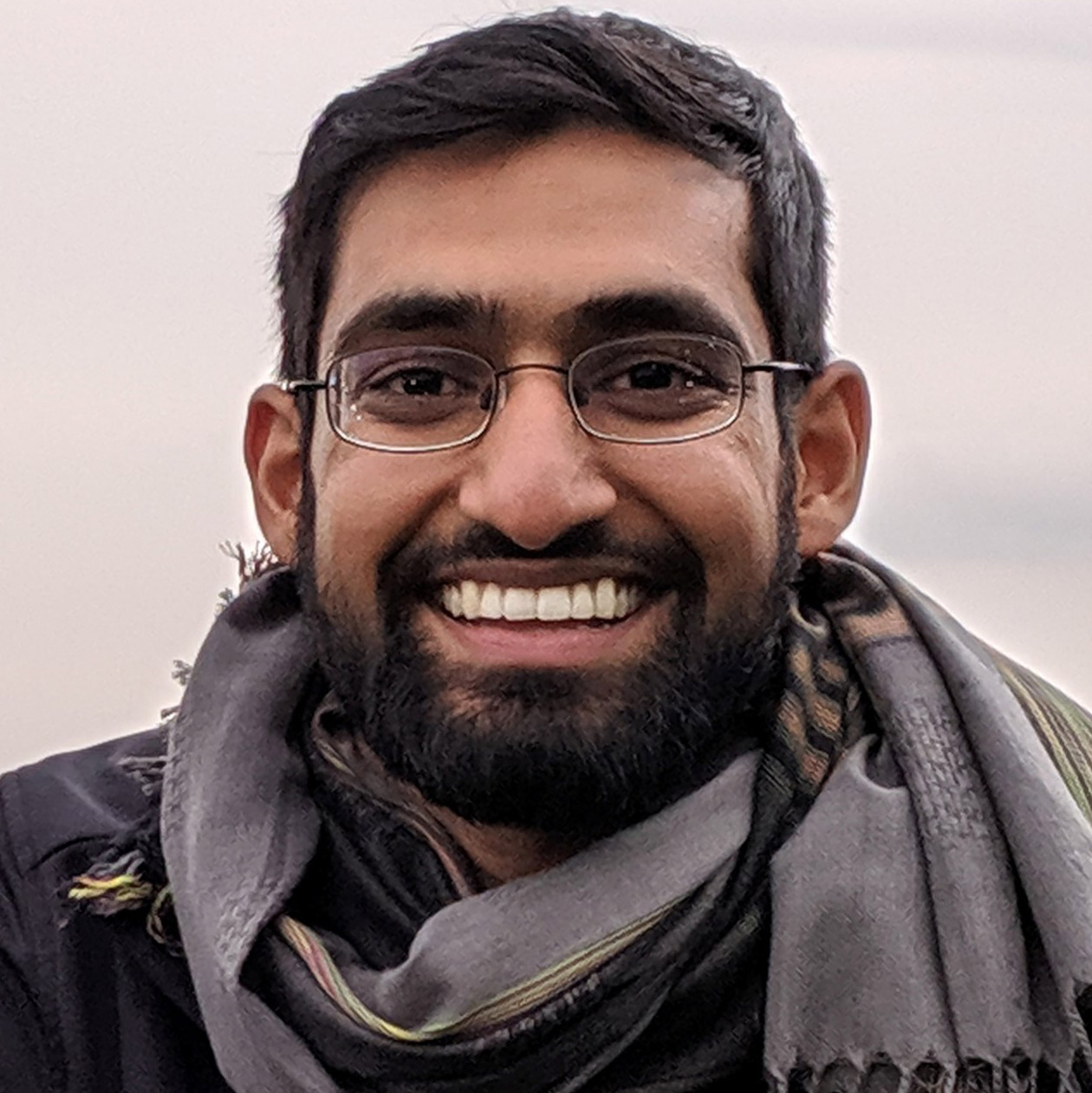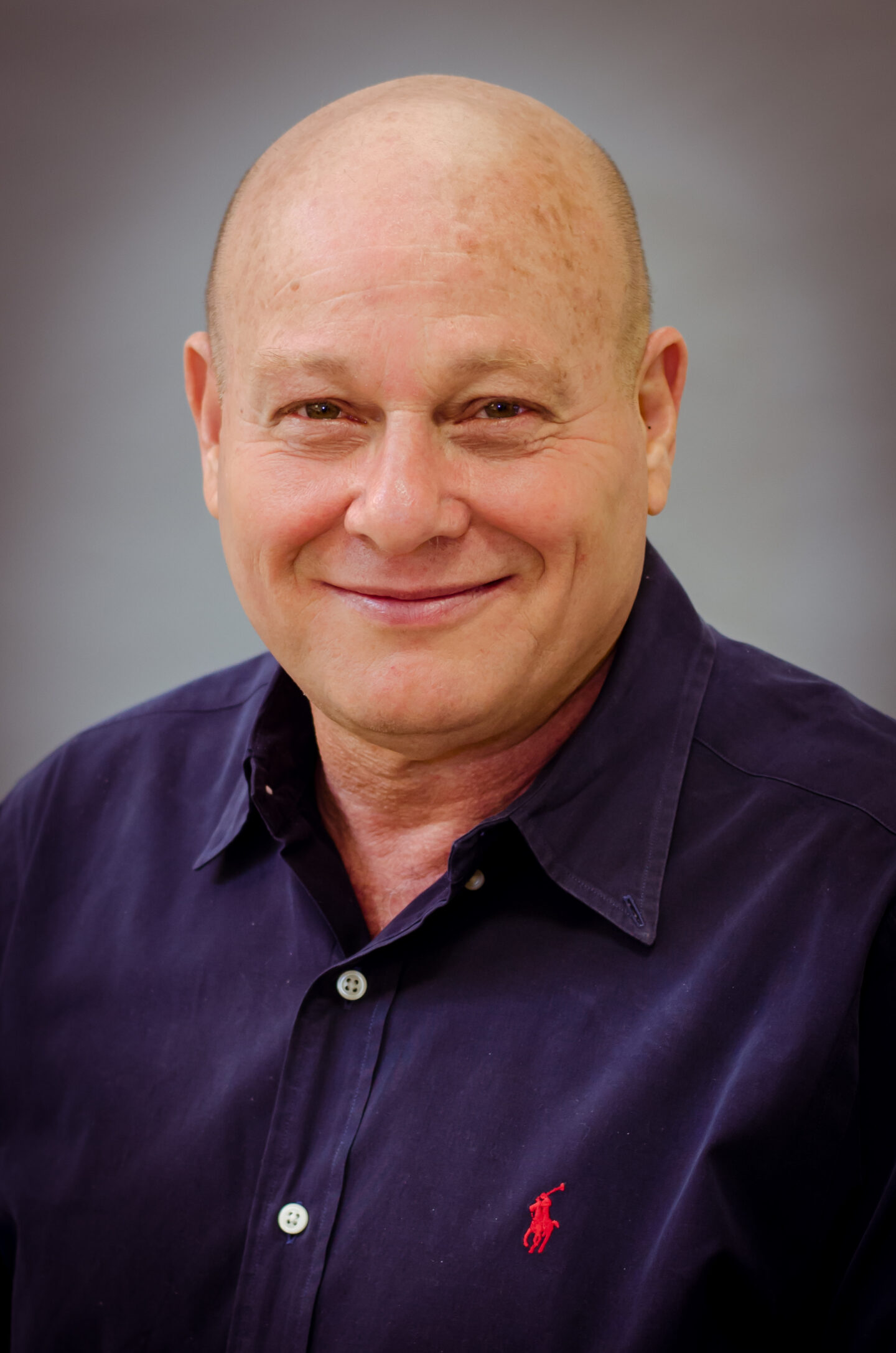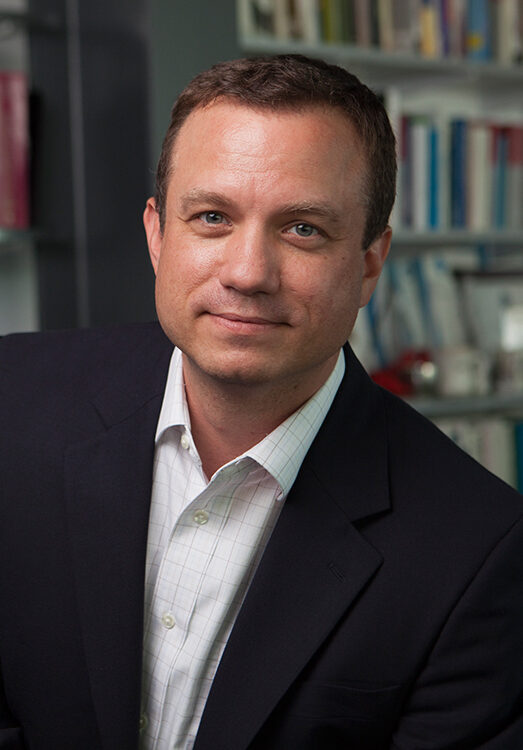The report outlines a vision for urban tech in the city’s new administration, focusing on privacy and security, equity in the digital economy, better management of the built environment, enhanced civic engagement and a futureproofing strategy
NEW YORK (January 19, 2022) – The Jacobs Institute’s Urban Tech Hub at Cornell Tech today released the final Rebooting NYC report, which proposes new and existing urban tech solutions to some of New York City’s biggest challenges. See here for the Rebooting NYC report.
After releasing a draft of the report in May of 2021, the Urban Tech Hub consulted with hundreds of tech, civic and community leaders, including current and former city council members and state senators, other elected officials, local business improvement districts and chambers of commerce. The team of 13 researchers, including several Cornell Tech students and alumni, was led by Rohit T. Aggarwala, a Senior Urban Tech Fellow at the Hub.
“The Adams administration, the new City Council, and all our electeds have a tremendous opportunity to make New York City government more effective, more efficient, and more creative through technology,” said Rohit T. Aggarwala, Senior Urban Tech Fellow at the Jacobs Urban Tech Hub, the report’s lead author. “We are looking forward to continuing these conversations around this report and working with the new administration to implement some of these ideas.”
“With the new administration being sworn in just days ago, we are releasing this final report with optimism that it will help guide tech policy to propel the city’s recovery and secure New York’s City’s position as a dynamic center for new technologies,” said Michael Samuelian, Founding Director of the Jacobs Urban Tech Hub at Cornell Tech. “After releasing the draft report this past Spring, we are thrilled to see many of our solutions already being considered, such as the Department of Transportation’s recent landmark report supporting expanding camera enforcement.”
Two of the report’s authors, lead author Aggarwala and co-author Michael E. Bloomberg, Cornell Tech ‘18, served on the transition committee for Mayor Eric Adams. Aggarwala served as a lead on the Infrastructure, Climate, and Sustainability committee, and Bloomberg served on the technology committee. Aggarwala also served on the transition committee for Comptroller Brad Lander.
The final report covers three topics that were not included in the draft: the need for price transparency among ride-hail and other new mobility companies; the opportunity for technology to improve sanitation and recycling; and the potential for in-building battery storage to facilitate a transition to a clean electric supply.
Additional recommendations from the Rebooting NYC report include:
- Enact a law regulating how City agencies and private entities gather and share data from the public realm
- Make the City an effective purchaser, developer and manager of technology projects
- Create a Broadband Development Corporation to bring the internet to all New Yorkers
- Bring safety and order to our streets through digital management and enforcement
- Convert and expand bike lanes into a network that accommodates a variety of new mobility vehicles
- Propel New York City’s design and construction industry into the digital age by moving to automated code review
- Reduce the number of sidewalk sheds by thoroughly testing how drones can evaluate the safety of building facades
- Make it easier for New Yorkers to obtain social services through the creation of a digital data locker and interagency verifications
- Make Community Boards more representative by holding hybrid and virtual meetings, using digital tools to broaden their reach and expand access
- Develop rules that shape and encourage emerging technologies in advance of their arrival
Since the report was initially released in draft form in May, the team solicited feedback through a concerted effort designed to ensure that a wide range of New Yorkers — representing different backgrounds, neighborhoods, and perspectives — could influence the report. Those consulted included:
- Local government leaders and experts: State Senators Leroy Comrie and Andrew Gounardes, Assemblymember David Weprin, and Councilmember Pierina Sanchez
- Economic development organizations and business improvement districts: the Chambers of Commerce for Queens and Staten Island, Long Island City Partnership, Sunnyside Shines, Union Square Partnership
- Nonprofits and community based organizations: Qualitas of Life Foundation, Urban Pathways, YAI, Riseboro, HANAC, Inc., Welcome to Chinatown, NYLPI
- Industry leading companies: HNTB, Energy Safety Response Group, Empire State Realty Trust, Inc., Commit to Green, Arcadis, Foodprint Group
- And other local organizations and initiatives: Street Vendor Project, People’s Tech Assembly, Sustainable CUNY, Center for Zero Waste Design
In addition, the Cornell Tech team participated in the People’s Tech Assembly, a series of outreach events and efforts led by BetaNYC, NYC Public Advocate Jumanne Williams, and then-Manhattan Borough President Gale Brewer.
About the Urban Tech Hub
The Urban Tech Hub of the Jacobs Technion-Cornell Institute at Cornell Tech is a new academic center of activity and experimentation that generates applied research, fosters an expanding tech ecosystem, and cultivates the next generation of leaders in urban technology. The Hub’s goal is to shape the field of urban tech with a human-centered approach that focuses first on the people that use the technology. We advance technology research and education to build a better world by increasing access and opportunity within the tech sector.
The Jacobs Urban Tech Hub leverages the resources of Cornell University (and the Technion-Israel Institute of Technology) to bring together researchers, engineers, scientists, urban tech companies, government agencies, and community organizations to address the challenges facing cities today.
About Cornell Tech
Cornell Tech is Cornell University’s groundbreaking campus for technology research and education on Roosevelt Island in New York City. Our faculty, students and industry partners work together in an ultra-collaborative environment, pushing inquiry further and developing meaningful technologies for a digital society. Founded in partnership with the Technion-Israel Institute of Technology and the City of New York, Cornell Tech achieves global reach and local impact, extending Cornell University’s long history of leading innovation in computer science and engineering.
